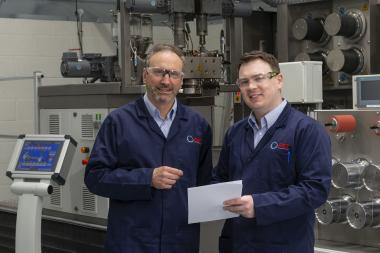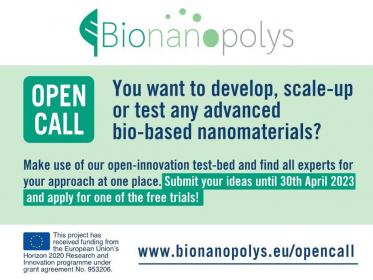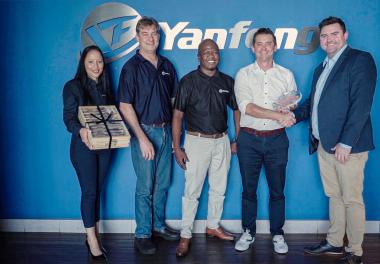EREMA presents a new solution for PET fibre-to-fibre recycling
Following their entry into the fibres and textiles sector, as announced at K 2022, recycling machine manufacturer EREMA launches the INTAREMA® FibrePro:IV - which has been specially developed for PET fibre-to-fibre recycling - at ITMA in Milan from June 8 to 14. Thanks to its especially gentle material preparation and efficient removal of spinning oils, the rPET produced can be reused in proportions of up to 100 percent for the production of very fine fibres.
PET is regarded as a key material for the production of synthetic fibres. Around two thirds of the total volume of PET goes into the production of PET fibres for the textile industry. This highlights the importance of high-quality recycling solutions for the circular economy. By combining proven INTAREMA® technology with a new IV optimiser, EREMA succeeds in processing shredded PET fibre materials heavily contaminated by spinning oils in such a way that the finest fibres can be produced again from the recycled pellets. The system, which now joins EREMA's machine portfolio as the INTAREMA® FibrePro:IV, is characterised by a longer residence time of the PET melt. This is an essential factor for achieving high quality recycled pellets, as it allows the spinning oils and other additives used to improve the handling of the fibres during manufacturing to be removed more efficiently than in conventional PET recycling processes. Following extrusion, by polycondensation the intrinsic viscosity (IV) of the PET melt is increased in the new IV optimiser and under high vacuum to the precise level that is needed for fibre production. "Including filtration the output quality that we achieve with this recycling process is so high that ultra-fine fibres of up to 2 dtex can be produced using these rPET pellets, with an rPET content of 100 percent," says Markus Huber-Lindinger, Managing Director at EREMA. Waste PET fibre from production processes can therefore be further processed into rPET filament fibre, carpet yarn and staple fibre.
While the focus of the fibre and textiles application is currently still on PET fibre recycling, EREMA is committed to driving forward the recycling of mixed fibre materials from classic textile recycling collection in a next project phase. In order to accelerate development work, the EREMA Group opened its own fibre test centre, where a cross-company team is working on recycling solutions for fibre-to-fibre applications. The centre also operates a fully equipped and variable industrial-scale recycling plant. It includes the peripheral technology required and is available to customers for trials.































